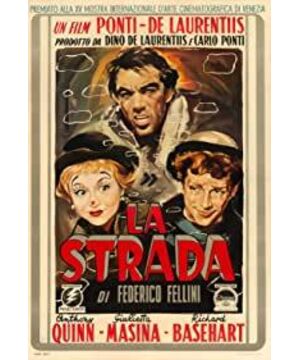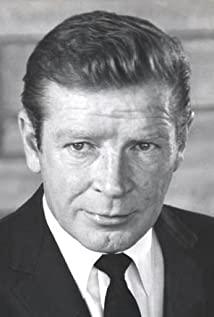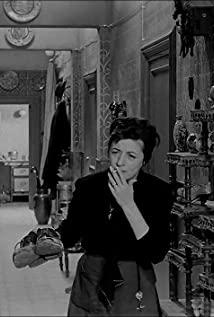In order to survive, Jesomina, the daughter of an extremely poor family, was sold to Zangba Nuo, a Jianghu entertainer. She is simple, shy, and kind. Although her husband is rude, stupid, and unfaithful, she still follows him around the world to please him, until the appearance of the tightrope walker awakens her inner desire for love, and she understands it ignorantly. own value. Originally, she could leave with the circus, and there is a high probability of embarking on the road of happiness, but because of her loyalty, Jesomina gave up the opportunity and wholeheartedly waited for her husband who was released from prison. After experiencing the murder of her husband and stealing the silver heart of an icon in a monastery on the way to escape, Jesomina collapsed. In a trance, she was abandoned by her husband on the side of the road in the cold winter. The trumpet symbolizing gratitude, kindness, and longing for love is the only warmth that her husband gave her throughout the film. Jesomina's short and difficult life lived like an animal. Even though she was treated rudely by Zombaano and finally abandoned, she still remained kind, and at the last moment of her life, she still used a trumpet to express her gratitude to those who helped her. Years later, the gray-haired Zombaano lay down on the beach where Jasomina died, crying bitterly for the innocent soul he had hurt. This selfish, greedy, hard-hearted and timid man looked pitiful and sad. The road they used to travel together is an irreversible road in life.
View more about La Strada reviews











